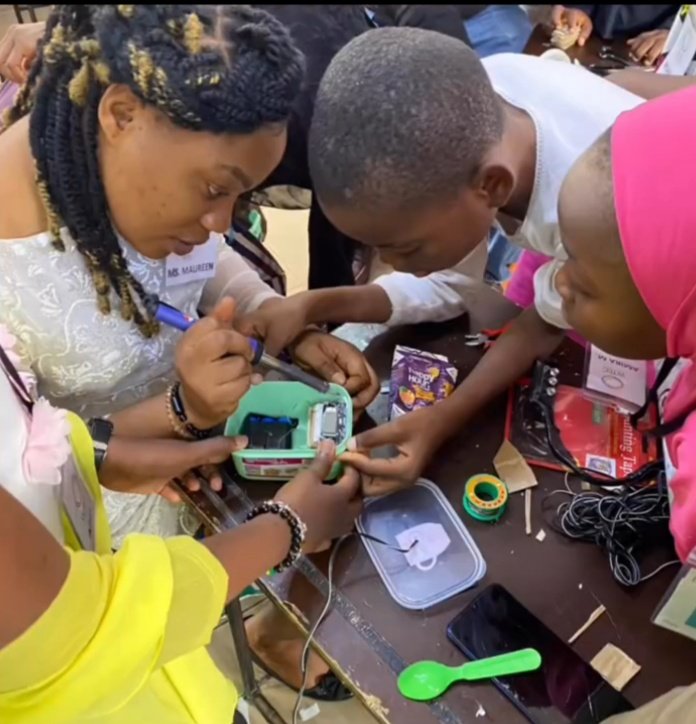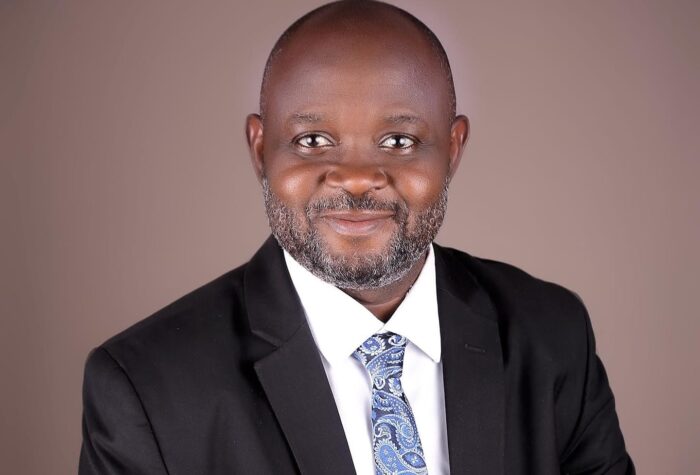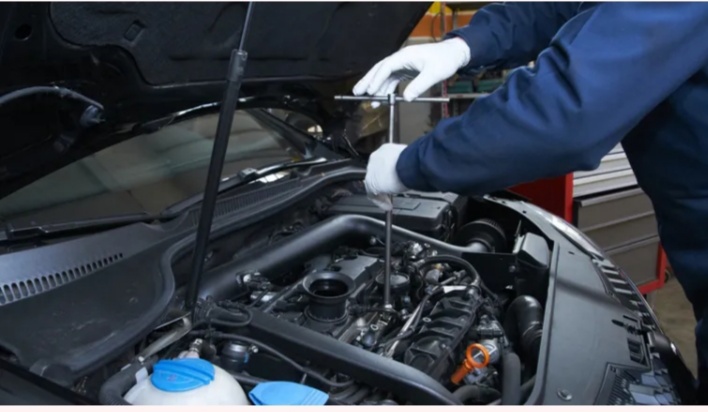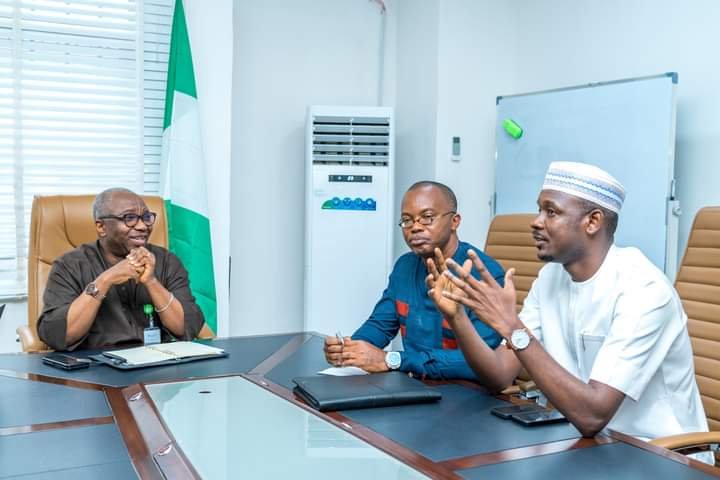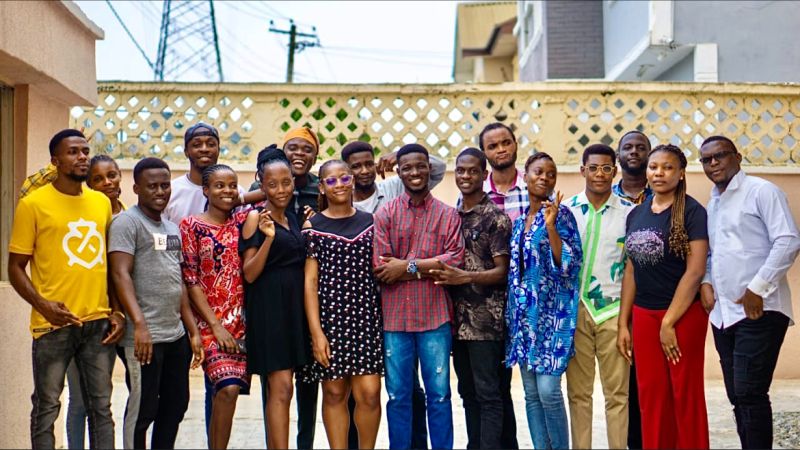226 total views today
By Sylvester Thompson
The African Union Development Agency (AUDA-NEPAD CoE-STI), in collaboration with the National Biotechnology Development Agency (NABDA), on Thursday stressed the need to validate genome editing communication strategy in Nigeria.
Prof. Abdullahi Mustapha, Director-General of the NABDA, said this at a four-day national genome editing communication and advocacy strategy and action plan stakeholders’ validation workshop in Abuja.
Genome editing technology is an emerging technology that finds application in various fields.
In agriculture, the technology uses information in the DNA of a plant to activate its dormant character that would help it to be healthy and more productive.
Mustapha said the workshop was to propagate the technology and its implications for solving challenges in different sectors in Nigeria, but that agriculture was the focus presently.
He said the communication and advocacy strategy and action plan on genome editing in Nigeria was born out of collaboration.
Mustapha disclosed that the collaboration was between the Centre of Excellence in Science Technology and Innovation (CoE-STI) of AUDA-NEPAD, NABDA and other relevant stakeholders.
“Championed by the CoE-STI of AUDA-NEPAD, this initiative began in Nigeria in October 2022, with NABDA as the focal institution saddled with the responsibility to lead this frontier of science.
“Several successful engagements and activities have been executed in previous months, and the outcomes are the reason we have gathered here today for this validation workshop,” he said.
He said that the goal of the workshop was to examine a critical aspect of genome editing, the effective communication of its benefits, risks, and ethical considerations to the Nigerian population.
Mustapha said the stakeholders recognised the importance of fostering a well-informed society that would engage in meaningful discussions, make informed decisions, and contribute to shape policies that aligned with cultural, social, and ethical values.
Prof. Olalekan Akinbo, Expert Supervisor at the CoE of the AUDA -NEPAD, in an interview with the News Agency of Nigeria (NAN) on the sideline of the event, said the workshop was very critical.
According to him, it was to review and validate the work previously done on genome editing in the country in December 2022.
Responding to the level of acceptance of the technology in Africa, he said that though every technology had its initial challenges, genome editing was still new.
He, however, stated that African countries such as Burkina Faso, Ghana, Kenya, Malawi, Mozambique, Eswatini and Ethiopia, all have policies that already showed positivity.
Akinbo said the governments of these countries all saw and acknowledged the potential of the technology and its innovation.
“We are at the stage of implementation of product-based communication and as we have this product in the market, we are able to say this is the proof.
“From the level of acceptance that we have seen, when it is fully blown in the market, it will go through the rout of other technologies with bias because information is power.
“This is when the level of knowledge that will translate shall determine the level of acceptability,” he said.
Dr Shakirat Ajenifujah-Solebo, acting Director of Genetics, Genomics and Bioinformatics Department of NABDA and Facilitator of the AUDA-NEPAP/NABDA project, said the technology was useful for Nigeria and Africa.
She expressed optimism that the successful domestication of the technology in Nigeria would translate to enhanced agricultural productivity.
Solebo said all stakeholders identified and engaged in the project would go a long way to facilitate domestication of the technology in Nigeria in order to have a good understanding of it.
“We can also use it to solve our problems as we deem fit because we will have control of it, even when we need to partner with industries or other external bodies, we will still have it,” she said.
Dr Agnes Asagbra, Director-General, National Biosafety Management Agency (NBMA) said regulation was key; adding that the workshop would come up with an action plan that would be made public. (NAN)(www.nannews.ng)
================
Edited by Dorcas Jonah/Bashir Rabe Mani








